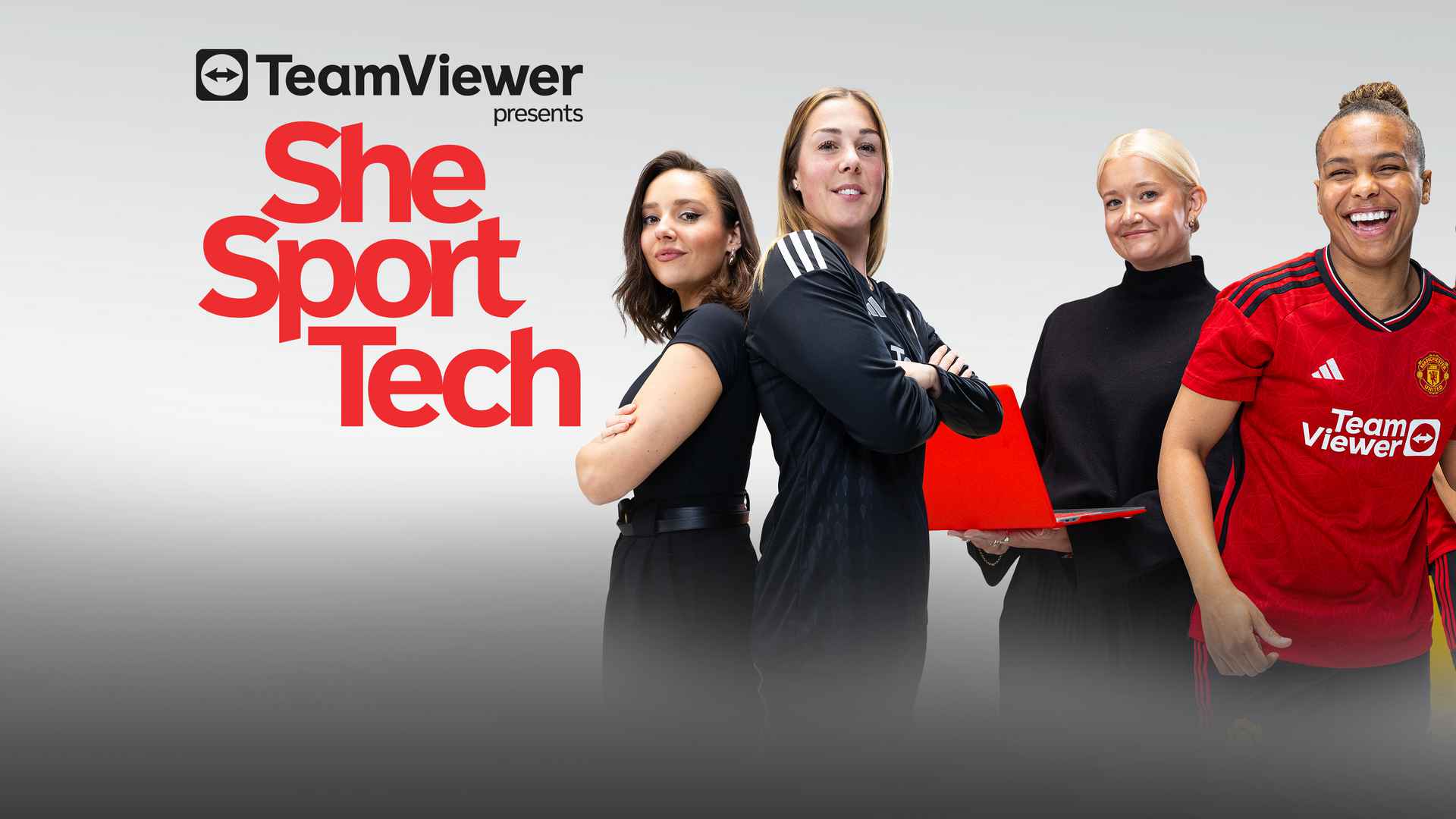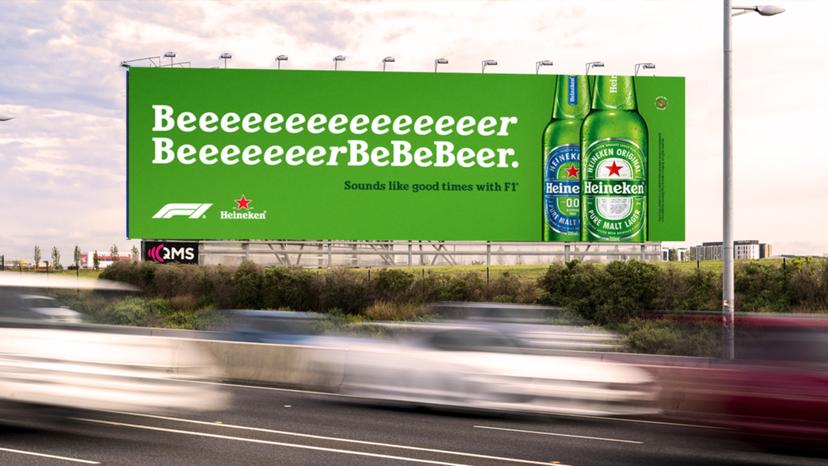Ford Motor Company’s ‘Performance’ division aimed to make its racing activities more relevant to the ordinary person on the street and its Brain-Scanning Helmet project is part of its drive to understand everyday consumers and explore how and where motorsports can fit in to their lives.
The initiative, called “The Psychology Of Performance”, saw Ford team up with Oath, Mindshare and King’s College London on an experimental driving-focused, tech-led study and an associated branded content European marketing campaign based on the brain’s performance under high-pressure conditions.
Built around a bespoke Electroencephalogram (EEG) Helmet, the idea sees Ford test if the mental techniques used by its racing drivers genuinely improve on-track performance: using mind-training methods ranging from meditation to visualisation.
The aims was to see if these can also be applied to everyday performance – thus testing whether normal drivers can train their minds to perform like a racer behind the wheel.
Ford worked on the research with King’s College London and production studio Unit9 to conduct the research: tracking how the human body reacts to mental training through a headset that measured the electrical brain activity of study participants – who included both Ford’s professional racing drivers and members of the public.
The subjects were put through a series of virtual reality driving challenges and driving simulators and their reaction, response and concentration times were measured.
“We witnessed just how differently racing driver’s brains function, compared to members of the public. Travelling at high speed, in a state of high focus, their brains perform up to 40% better than you or I,” said Dr Elias Mouchlianitis of the Institute of Psychiatry, Psychology and Neuroscience at King’s College London.
The good news though is that mental training techniques really do work. When members of the public carried out some mental exercise they also performed better. “We saw up to a 50% improvement in performance compared to the control group.”
The experiment and its findings were communicated through a campaign developed with publisher Oath and media agency Mindshare as Ford sought to reach members of the public ‘less interested in racing’.
The campaign, which ran in several European countries (including the UK where the research was primarily based), was spearheaded by a hero online film called ‘Psychology of Performance’.
Oath’s channels enabled the auto giant to reach the so-called ‘flirt’ motorsport audience segment through a story-led campaign that was relevant and interesting to them.
The Ford team applied Oath’s data insights from its house media brand to identify relevant topics and demographic segments (including the automotive, technology and lifestyle verticals on properties like >MSN, Engadget, HuffPost and Yahoo).
These insights were then used a guides to create relevant video content and traditional feature articles based on the study: these were then amplified across Oath’s distribution platforms and through other relevant social channels to engage relevant consumers through Ford’s research.
“If you think of the population as a whole, it’s possible to classify them as race fans, race followers, race flirts, and race not-interested. And only a small percentage are fans or followers,” explained Ford European marketing manager for Ford Performance Will May.
“Most people don’t pursue events or really keep track of races. Racing is just not relevant to them and they make up a good 50% of the audience. At most, it’s a passing interest they flirt with. What we’re trying to do is drive an emotional connection between the consumers and us, and how we do that is by delivering excitement through involvement.”
In terms of beneficial racing outcomes, the experiment’s findings could lead to some interesting new approaches to auto racing: including sending a live data feeds of a driver’s brain to the pit crew so race teams can seek for performance enhancements during a race.
Plus it offers some suggestions on how to improve the performance of members of the public by applying mental preparation techniques – which resulted in up to 50% improvement in the focus and performance of the normal (non racing) drivers participating in the study – in everyday life and work situations (such as giving presentations or sitting interviews).
Plus, of course, the idea is that once Ford has engaged this group through the content, it will use the campaign’s data results to help determine how to continue to engage through the purchase funnel to buying a car.
Thus Ford ran a tracking study to track the outcomes and effectiveness of the campaign led by a set of BEAT measures (Brand Equity and Awareness Tracking).
Comment:
Ford Performance (formerly Ford Racing) is the high performance division of Ford Motor Company and the global name used for its motorsport and racing activities which spans stock car racing (including NASCAR), Ford GT Racing (including the World Endurance Championship and GTLM), rallycross (including the World Rally Championship), road racing (including World Touring Championship, GT4 and F4), drag racing, off-road and drafting.
This is an interesting approach from an automaker that blends its motor racing partnership and segmented consumer target groups by tapping into both the current hacking and mental performance socio-cultural and tech trends.
It comes at a time when many of the long-established approaches and patterns to engage fans through motor racing are being reconsidered and re evaluated.
From all-new racing series such as Formula E, to the myriad of changes under consideration by the new owners of F1, as well as fresh thinking and approaches around NASCAR and IndyCar, the disruption in the wider automotive sector is now spreading right across the motor racing landscape.
Links:
Ford
https://www.facebook.com/FordPerformance/
https://twitter.com/FordPerformance
https://www.youtube.com/user/FordRacingTV
https://www.instagram.com/fordperformance/
http://ford.to/FordEUsubscribe
http://ford.to/FordEUcollections
http://ford.to/FordEuGooglePlus
King’s College London
Oath
Mindshare
http://www.mindshareworld.com/uk/


























